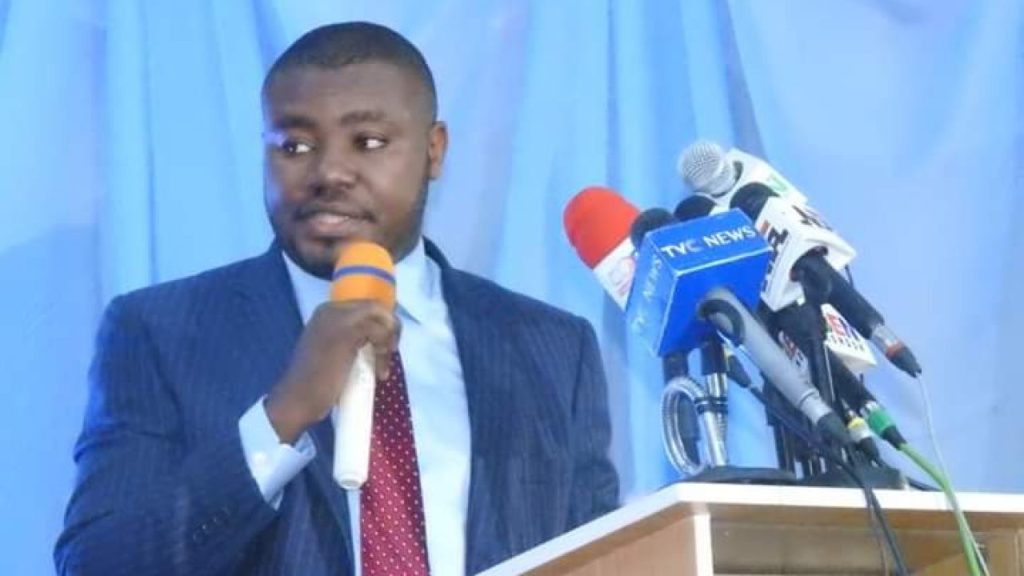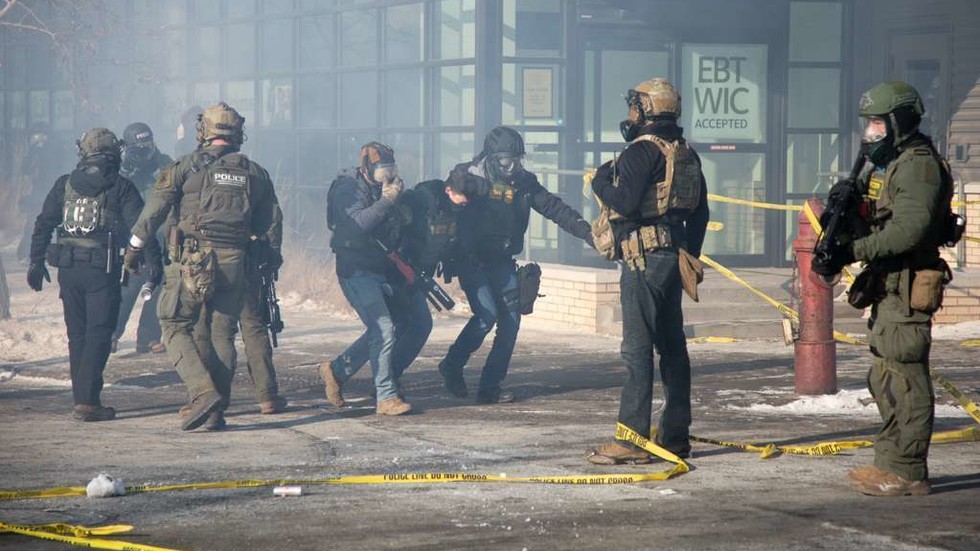Moscow was the somber setting for the funeral of Alexei Navalny, a prominent critic of the Kremlin, amidst a backdrop of controversy and heightened political tension. Navalny, who died under mysterious circumstances in a penal colony, was mourned by hundreds, shining a light on the ongoing struggle against political repression in Russia.
The mystery surrounding Navalny’s death on February 16th in an Arctic penal colony has gripped the world, with his death certificate attributing the cause to ‘natural causes’ despite widespread speculation and condemnation from global leaders. The U.S. President, among others, has pointed fingers at Putin’s regime for Navalny’s demise, allegations that the Kremlin vehemently denies. This tragic event underscores the dangerous path of political dissent in Russia, where Navalny’s anti-corruption activism had made him a target.
The funeral service, held at the Church of the Icon of the Mother of God, saw an open casket ceremony before moving swiftly to the Borisovskoye cemetery for burial. Despite fears of arrest, crowds gathered, chanting in solidarity, showcasing the profound impact Navalny had in mobilizing opposition against Putin’s rule. Navalny’s family, including his widow Yulia Navalnaya, and key allies faced the day with courage, despite the risks and heavy police presence aiming to quell the gathering.
Navalny’s funeral not only signifies the end of a significant chapter in Russia’s political landscape but also raises crucial questions about the future of dissent within the country. With key figures in exile and the government tightening its grip on opposition, the event may spark more international scrutiny and internal debate on Russia’s political path. As the world observes, Navalny’s legacy of fighting corruption and his untimely death will undoubtedly continue to inspire and challenge the status quo.



